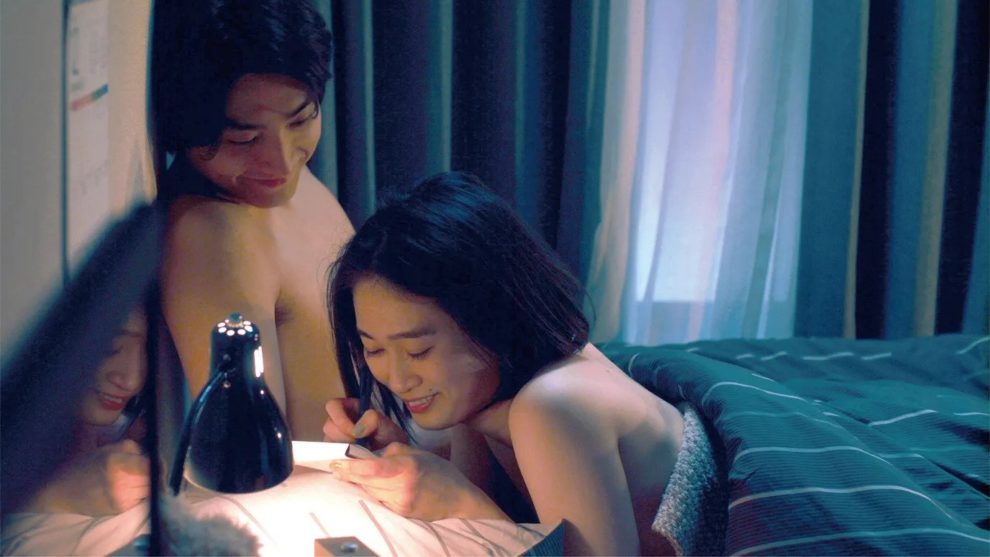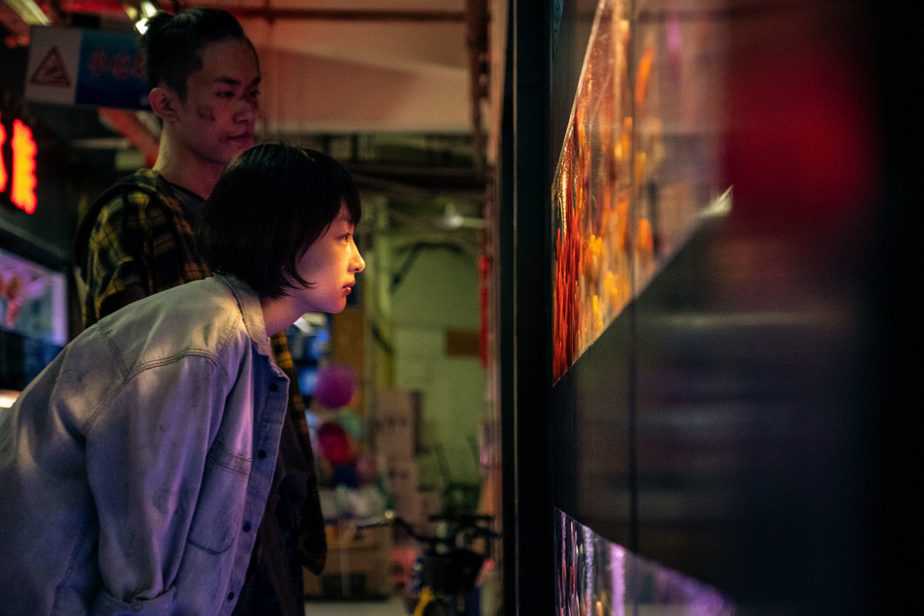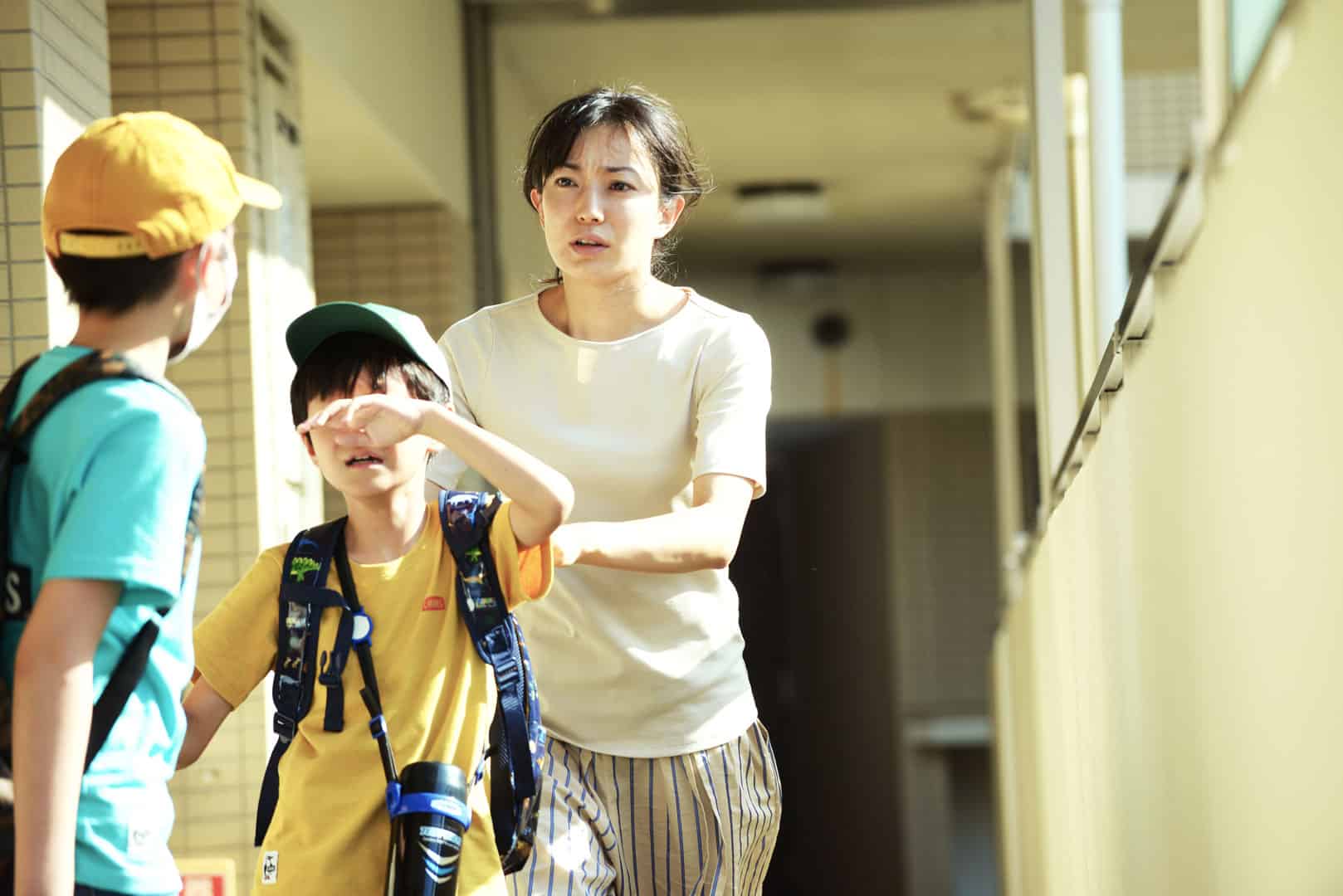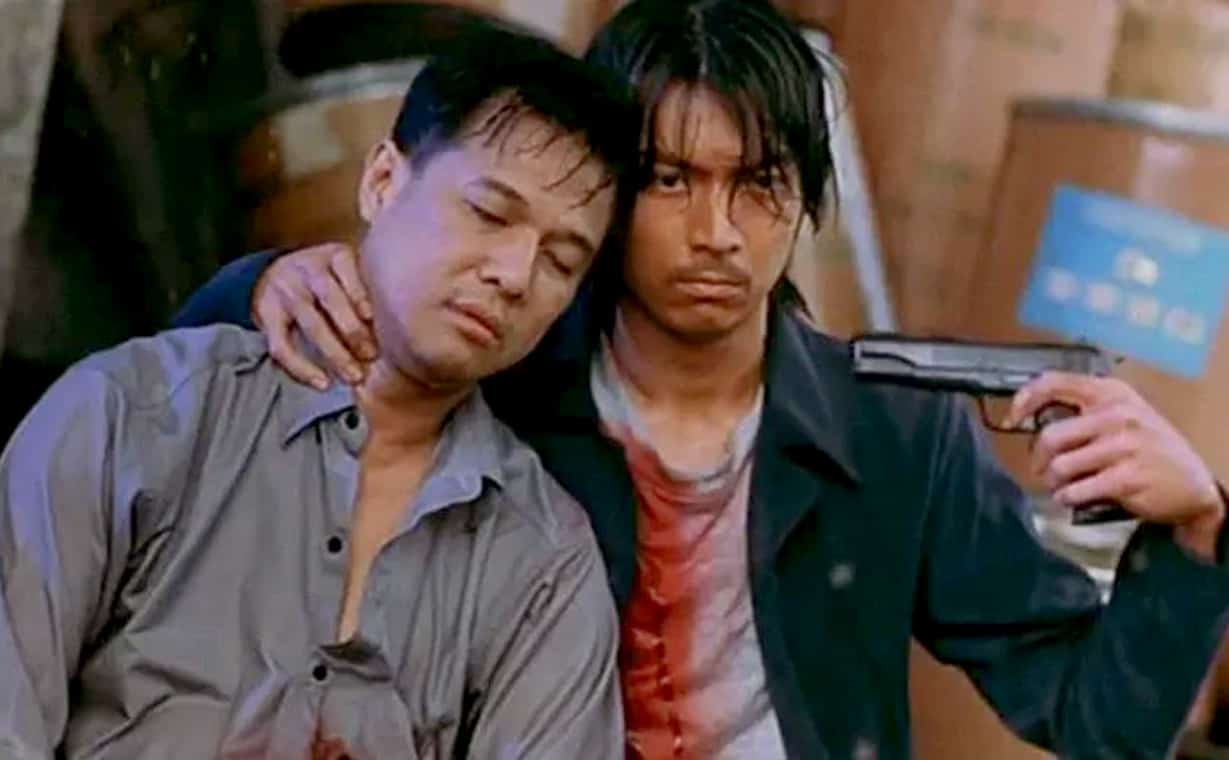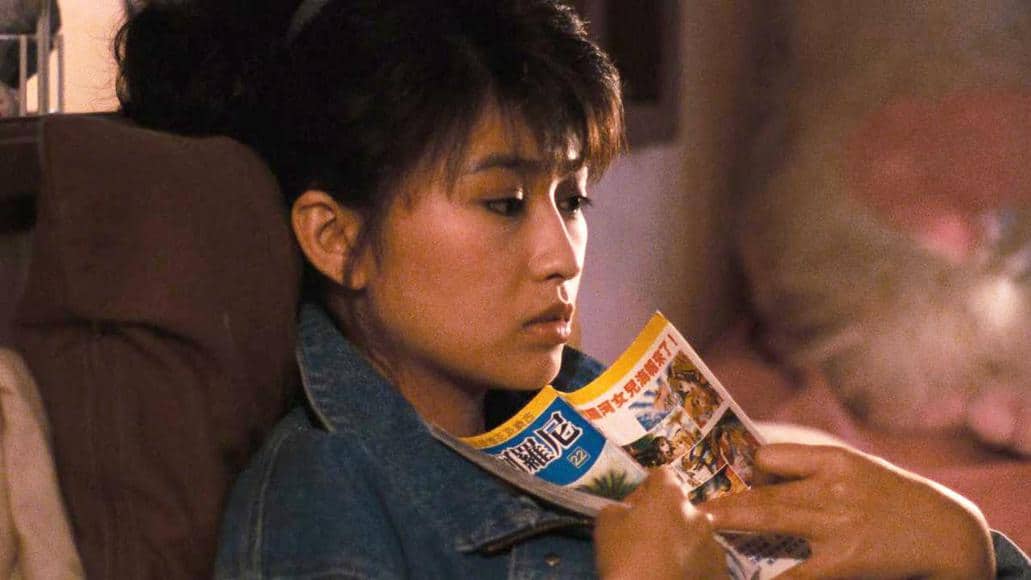Headed, if not exclusively dealt by, Nikkatsu, the Japanese movie industry has been making an intense effort during the latest years, particularly after the relaunch of the Roman Porno series, to produce pinku films that are both not offensive or exploitative in any way, and appeal more to female audiences, by focusing on women character as much as men. Daigo Matsui's “Hand” is a definite sample.
Hand is screening at International Film Festival Rotterdam

Sawako is an office worker who enjoys taking photos of older men and making scrapbooks with them. The men she has dated have always been older than her, with her fascination still carrying on as the story begins, even leading her to a trip down memory lane where she tries to meet a couple of them once more, while reminiscing about the times she had sex with them. At the same time, her boss, an older man, seems to have romantic aspirations with her, with the same applying to Mori, a co-worker who is about to leave the company. Sawako, however, this time decides to date the young guy, with the two embarking in a relationship full of passion and a set of quirky “tactics”, including keeping a diary of their sexual endeavors with each other. Meanwhile, back in her home, Sawako has grown apart from her father, while her little sister is having her first boyfriend and has also started talking about sex.
Daigo Matsui directs a film that seems to retain the first pinku rule about the frequency of erotic scenes in the movie, in a way, though, that is organic to the narrative for the most part, and by no means pornographic. Evidently in a rather hard to accomplish feat, he tries to embed the erotic aspect within a “typical” Japanese indie drama, an effort that is easy to say he succeeds in, as the comments here are at least as prevalent as the titillation.
The main way he accomplishes this is by presenting a rather layered main character, which thrives on her antitheses. In that fashion, Sawako seems to understand how the world works particularly for women, as a discussion with Mori about her attitude in the office eloquently highlights, while she is quite sure of herself particularly regarding her relationships, also being completely disillusioned about their nature. At the same time though, she cannot seem to make herself understand her father, in an almost oxymoron considering her fascination with older men, while her relationship with a younger man truly sweeps her off her feet, with her losing control probably for the first time in her life. The way this relationship changes her, to a point at least as her parallel romance with her boss showcases, is one of the best aspects of the movie, also benefiting a lot from the measured, as much as convincing acting of Akari Fukunaga.
Talking about acting, Matsui has asked all of his actors to give measured performances, in a tactic that definitely benefits the movie adding to its realism. Daichi Kaneko as Mori and Kanji Tsuda as Sawako's boss thrive through this approach, while the sole exception comes from Natsuko Obuchi who plays the younger sister with some excessiveness, which is, however, fitting most of the time.
The sex scenes are many and quite steamy on occasion, but the focus is again on realism, both in the choreography and the overall presentation, with Futa Takagi's cinematography appearing as presenting them through the eyes of the woman, in a rather unusual approach for the genre, at least when compared to similar movies of the 70s and 80s. Keisuke Matsuyama's editing follows the “rules” of the Japanese indie, with the pace being relatively slow burning, although some sudden cuts to flashbacks give it a much-needed sense of speed.
Although the overall tactic of combining the Japanese indie drama with the pinku film seems to need a bit more polishing until it is perfected, particularly because Matsui is biting off more social commentary than he can chew in the 99 minutes of the movie's duration. Nevertheless, the particular approach still looks like the ideal solution for two genres that are becoming preterit and irrelevant if not offensive, respectively. As such, “Hand” emerges as a rather rewarding and entertaining sample.


